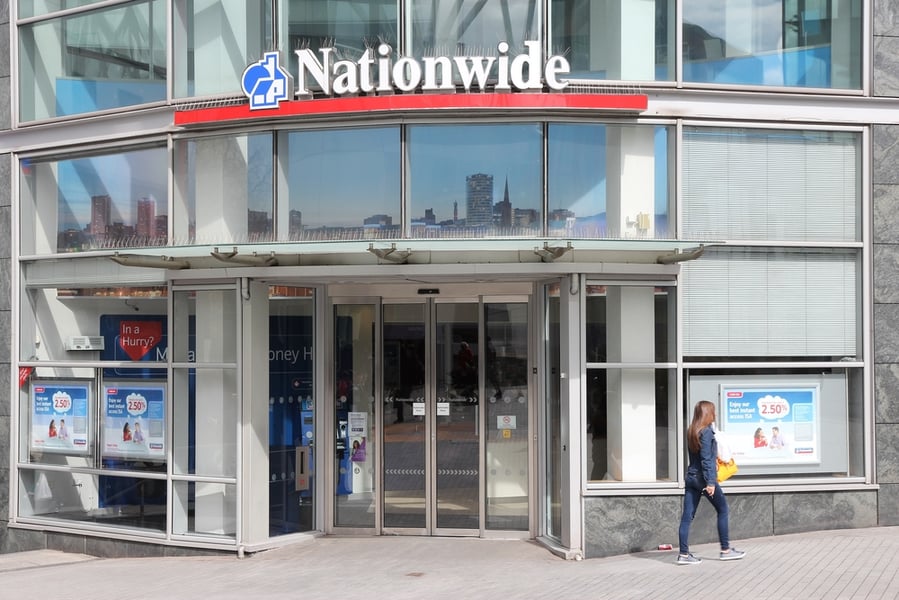The annual growth rate has stood between 2-4% since March.

House price growth remained stable at 2.5% annually to November, with a very marginal monthly increase of 0.1%, figures from Nationwide’s House Price Index show.
The annual growth rate has stood between 2-4% since March.
The stamp duty changes for first-time buyers have so far had a limited impact. In London before the Budgetallfirst-time buyers were paying. Afterwards 81% were paying.
Robert Gardner, Nationwide's chief economist, said: “Low mortgage rates and healthy rates of employment growth are providing support for demand, but this is being partly offset by pressure on household incomes, which appears to be weighing on confidence.
“The lack of homes on the market is providing support to house prices.
“The decision in the Budget to abolish stamp duty for first time buyers purchasing a property up to £300,000 (with relief for those purchasing a property up to £500,000) is likely to have only a modest impact on overall demand.
“In many regions, first time buyers already paid little or no stamp duty as the price of the typical first-time buyer property was below the previous threshold of £125,000.”
He said that construction of new properties is still too low but the situation has improved with conversions of larger homes into more units and ‘change of use’ of converting commercial properties like shops, into homes.
Gardner added: “From 2014, automatic permitted development rights were granted to convert offices into residential properties. Since then, so called ‘change of use’ additions to housing have nearly doubled, from c20,000 in 2006/07 to 37,000 in 2016/17.
“Of these, about 18,000 were granted under the new permitted development rights.”
Russell Quirk, founder and chief executive of estate agent eMoov, , was pleased to hear that growth remained stable but criticised the government for not building enough new homes.
He said: “A muted but stable level of house price growth is probably the best we could hope for at this time of year, given the usual seasonal slowdown coupled with already tougher than normal market conditions.
“It’s very early days to be observing any kind of impact from the changes to first-time buyer stamp duty and while it may help stimulate demand, and in turn prices, this will only be noticeable much further down the line.
“I certainly wouldn’t be holding my breath where the encouraging signs for housing supply are concerned.
“Should the government continue to fail in delivering a meaningful number of new homes, which it no doubt will, the overwhelming levels of buyer demand to stock available will keep prices climbing throughout next year.”



